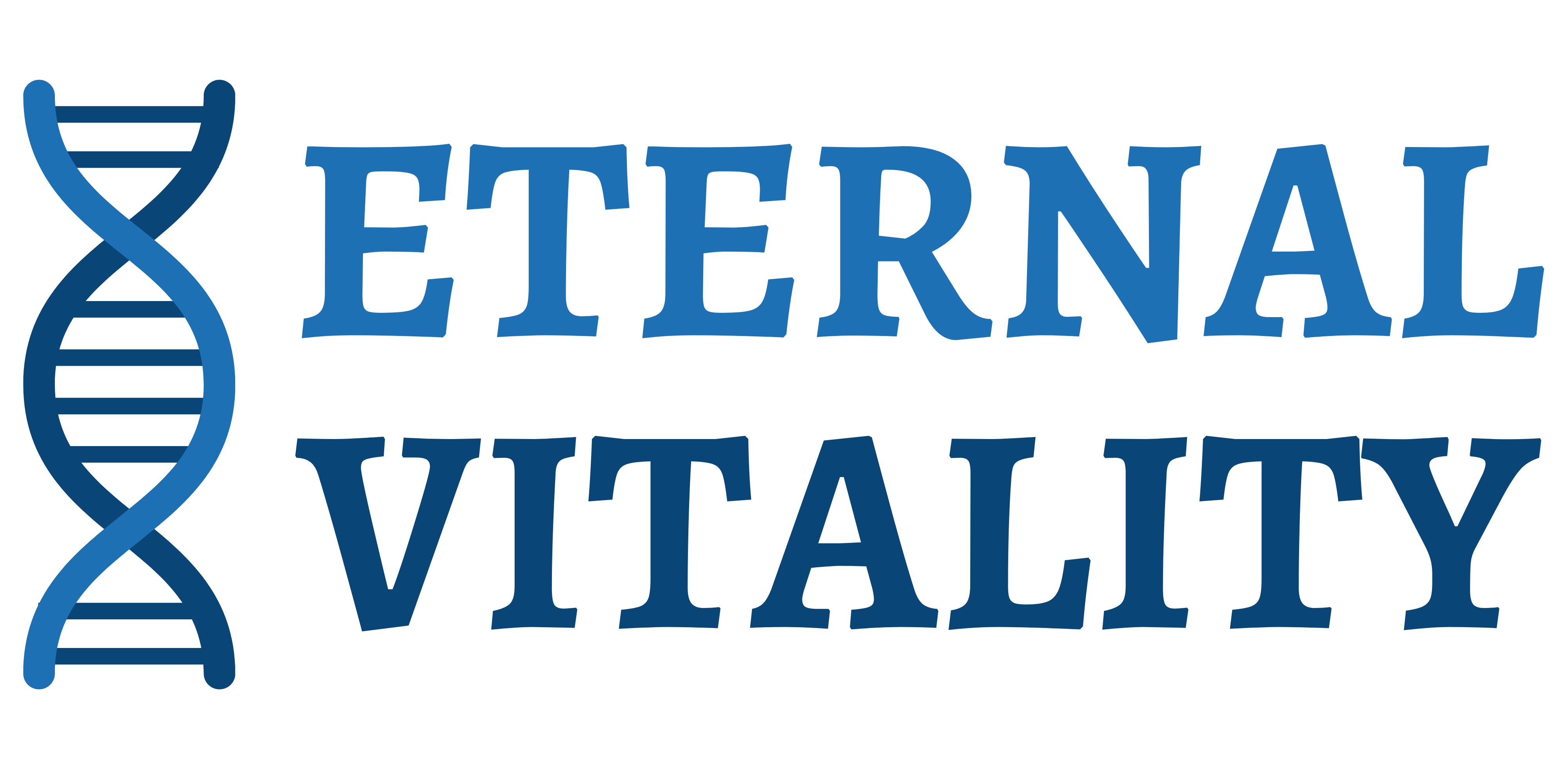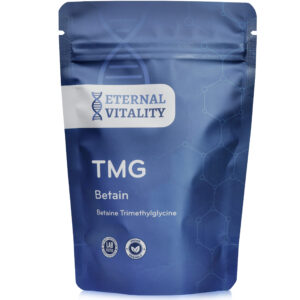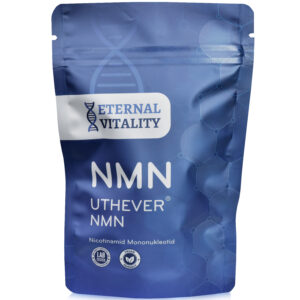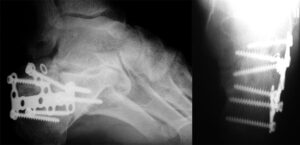A new study shows that a single high-intensity training session increases NMN levels and can counteract heart muscle damage caused by chemotherapy.
Researchers have found that an intense training session before chemotherapy preserves heart function and increases NMN and NAD+ levels in rats.
Chemotherapy can damage the heart in about 10% of patients. Heart damage can lead to heart failure, which can be fatal in about 50% of patients with heart damage. Currently, there are no effective methods to prevent heart damage from chemotherapy. Interestingly, a brief physical training session before chemotherapy may protect against heart damage, but this approach has not been sufficiently researched.
In an as-yet-unpublished publication, Xing and colleagues from Qingdao University in China show that intensive interval training preserves heart function under doxorubicin treatment. Protection of the heart from doxorubicin is likely due to an increase in NMN and NAD+ levels from intense training. Further results showed that training before doxorubicin treatment maintained the production of cellular energy molecules (adenosine triphosphate [ATP]). These data support the hypothesis that an intense training session before doxorubicin treatment likely preserves heart function by maintaining NMN and NAD+ levels, which in turn leads to increased ATP production in cells.
To determine if an intense training session can prevent heart damage, Xing and his colleagues subjected rats to intensive running training of four ten-minute sessions at a speed of 25 meters per minute, 24 hours before doxorubicin treatment. They then examined how the training affected the amount of blood ejected with each heartbeat, known as the ejection fraction, after doxorubicin treatment. The researchers found that doxorubicin damaged the heart, as evidenced by a significantly reduced ejection fraction, but that the high-intensity training before doxorubicin treatment restored the ejection fraction. These results support the hypothesis that intensive training before chemotherapy preserves heart function and protects against the harmful effects of chemotherapy.
Since previous studies have shown that NMN protects against doxorubicin-induced heart muscle damage, Xing and colleagues wanted to determine if NAD+ and its precursor NMN play a role in the benefits of exercise against chemotherapy treatments. The researchers measured NMN and NAD+ levels in the heart and found that doxorubicin significantly reduced NMN and NAD+ levels in heart tissue. Intensive training before doxorubicin treatment led to the restoration of these levels. These results suggest that tissue NMN and NAD+ levels may play a role in the positive effects of exercise against chemotherapy.
Since NAD+ is involved in a range of reactions for energy production in cells and is necessary for the adequate production of cellular energy, the researchers measured the production of adenosine triphosphate (ATP). They found that doxorubicin treatment significantly impaired ATP production but that training before doxorubicin treatment restored ATP production. These results demonstrate that exercise boosts both NAD+ and NMN levels to enhance ATP production and preserve heart health.
The study’s findings support the hypothesis that physical activity can increase NMN and NAD+ levels to counteract the harmful effects of chemotherapy. The study also demonstrates that physical activity alone can increase cellular production of NMN, NAD+, and ATP. Future studies should investigate whether NMN supplementation in combination with physical activity can further increase NAD+ and ATP production and whether this would improve heart function.











